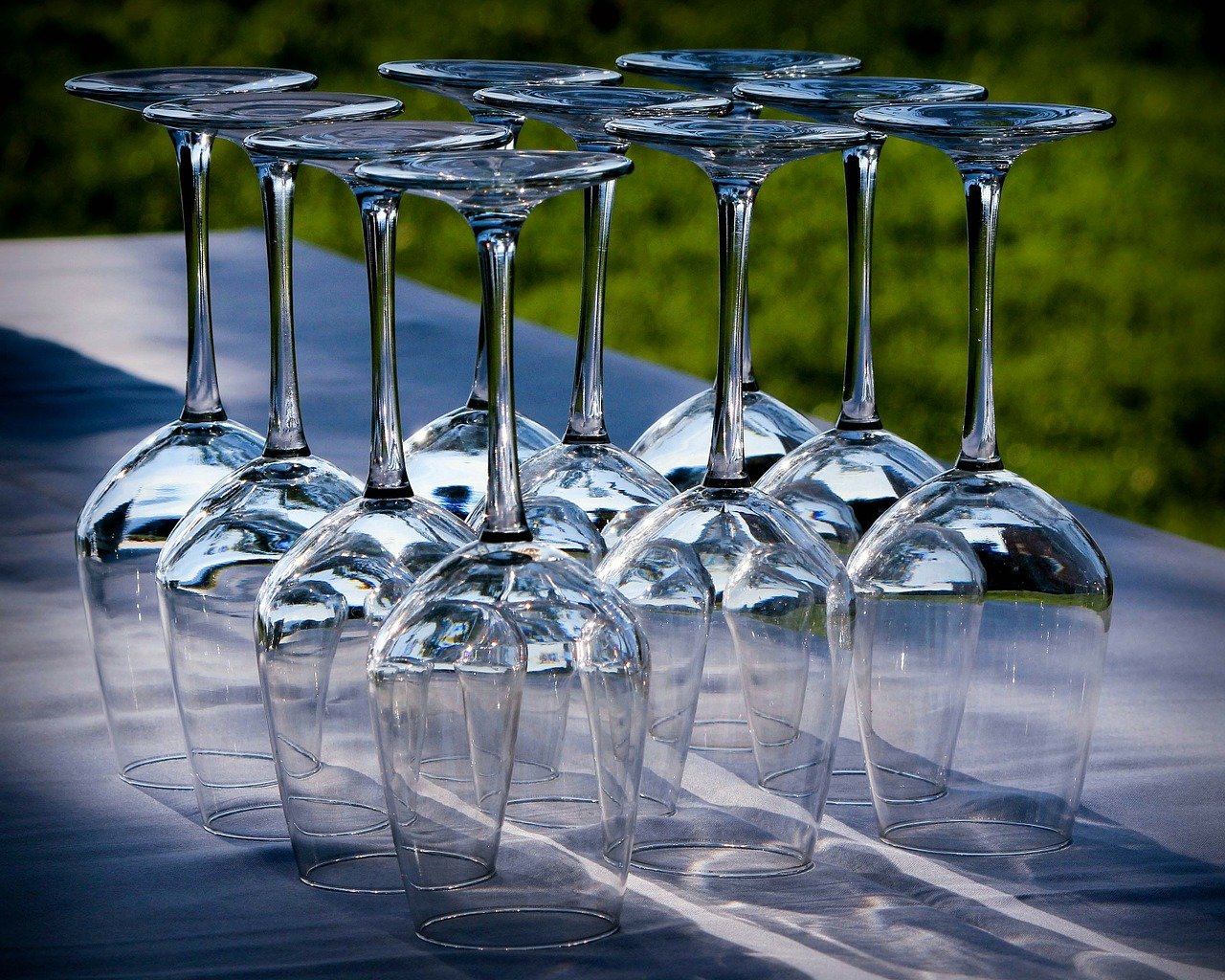Call it Penfolds versus people. Or wines versus workers. Or sales versus salespeople.
Many people writing about China’s crushing tariffs on Australian wine have focused on sales volumes and share prices and market strategy more than on the people selling the stuff. When the media / pundits / hot takers do look at the human impact, it’s typically about small- or medium-sized family-run operations, even though a large majority of Australia’s China gains the past few years are due to the monolith Treasury Wine Estates (TWE), notably its Penfolds brand, and Chinese-invested producers.
What is rarely addressed is the people who handle sales and marketing for Australian wine producers here, notably for TWE. What’s going to happen to them? Well, we know what happened to some of them. But before I get to that, I wrote about this issue in my newsletter in October when addressing the then-expected upcoming tariffs:
“The tariff isn’t just about wine, it’s also about people. Treasury Wine Estates, for example, has a strong force of skilled educators, marketers and salespeople. What happens to them and others involved in Australian wine if the category shrinks in China? Might those people shift to local wineries / operations and deliver the skills and credibility that help boost China’s wine industry image? We have already seen people leave foreign importers / distributors to join Chinese wineries: some former employees of ASC Fine Wines, for example, are now at top producers. Should there be a major talent shift, it might well be as significant in the long run as the tariff mathematics.”
If you follow local wine production, you get a sense the trade feels it might finally be their moment, when all that investment and all that focus on quality pays off. There is strong government support and rising interest in local products, in part due to nationalism. And a hole left in the market as many Australian wines become too pricey.
In Ningxia, positioned as the country’s most important wine region, people are also buoyed by the success of the “Mountain Sea Love” TV drama about the rise out of poverty, right in the heart of what is now wine country, over the past quarter century, a story that certainly resonates with government officials, too.
But as Ningxia and others have found, it is easier to make good wine than to achieve good sales, easier to buy hardware, such as the latest equipment, or to build a fancy wine cellar than to find and keep the people that can make the wine flow to consumers.
What’s interesting is that while Chinese wineries often look to France for wine production inspiration, some heads turn toward Australia / Penfolds when it comes to brand building and, well, financial success.
Consider one of Ningxia’s brightest hopes, Xige or Pigeon Hill, described by some as the “Penfold’s of China,” an operation that aims to bridge millions of bottles of entry-level wines to limited amounts of the best drops — it put out a rmb6000 Pinot Noir. Led by an owner who has already found success in China as a distributor of Penfolds wines.
Last month, we learned that TWE cut 50 to 60 positions in China, mostly in sales and marketing, as reported by AFR. It will be interesting to see where they end up, to see if Chinese producers will seek to tap into the Penfolds / TWE model and experience as they hope to finally break through in their own market.
Grape Wall has no sponsors of advertisers: if you find the content and projects like World Marselan Day worthwhile, please help cover the costs via PayPal, WeChat or Alipay.
Sign up for the free Grape Wall newsletter here. Follow Grape Wall on LinkedIn, Instagram, Facebook and Twitter. And contact Grape Wall via grapewallofchina (at) gmail.com.
